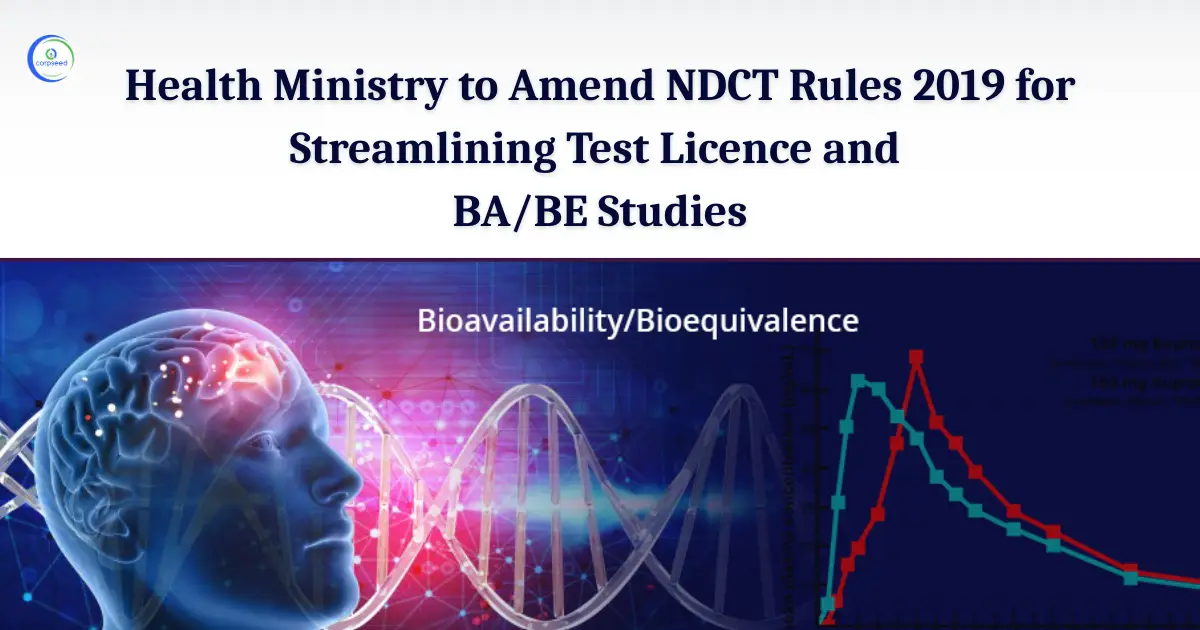The Union Health Ministry has declared plans to amend the New Drugs and Clinical Trials (NDCT) Rules 2019 to simplify processes in the pharmaceutical and medical research sectors. The proposed modifications, published in the official Gazette of India on August 28, 2025, invite public comments and are designed to encourage ease of doing business while supporting India's ambitions to become a leading hub for pharmaceutical innovation.
Table of Contents
This initiative follows the orders of Prime Minister Shri Narendra Modi, who highlighted the requirement to mitigate regulatory compliance and speed up research-based development in the sector.
Simplifying Test Licence Applications
One of the key proposals is to change the current test license system to a notification-based model. Under this, applicants would not have to wait for a formal test license, except for high-risk drugs. Instead, they can easily notify the Central Licensing Authority (CLA) before proceeding.
Moreover, the legal processing time for test license applications will be halved, from 90 days to 45 days, ensuring a faster research start.
Streamlined BA/BE Study Applications
For Bioavailability and bioequivalence (BA/BE) studies, the anticipated amendments remove the requirement for a license in certain categories. These studies can now commence upon notification or submission of a notification to the CLA.
This modification is expected to minimize the overall number of license applications by about 50 percent, making the process expressively more efficient. It will allow faster initiation of BA/BE studies, testing, and drug trials, thereby accelerating the drug development and approval cycle.
Impact on Pharma Research and Regulatory Oversight
The reforms are expected to significantly benefit stakeholders by reducing delays, minimizing paperwork, and increasing efficiency. For the Central Drug Standard Control Organization (CDSCO), these modifications will enable for better distribution of human resources and better regulatory oversight.
Consistent with global best practices, the amendments reflect India's commitment to regulatory transformation and simplicity of doing business, while also making the country a more attractive location for medical research. Eventually, this initiative will fortify India's position as a global hub for pharmaceutical research and development.
The proposed amendments to the NDCT Rules, 2019 demonstrate India's commitment to regulatory reforms, ease of doing business, and evolving pharmaceutical research. These measures will speed up innovation, simplify approvals, and strengthen India's role as a global leader in drug development.
This portion of the site is for informational purposes only. The content is not legal advice. The statements and opinions are the expression of author, not corpseed, and have not been evaluated by corpseed for accuracy, completeness, or changes in the law.

